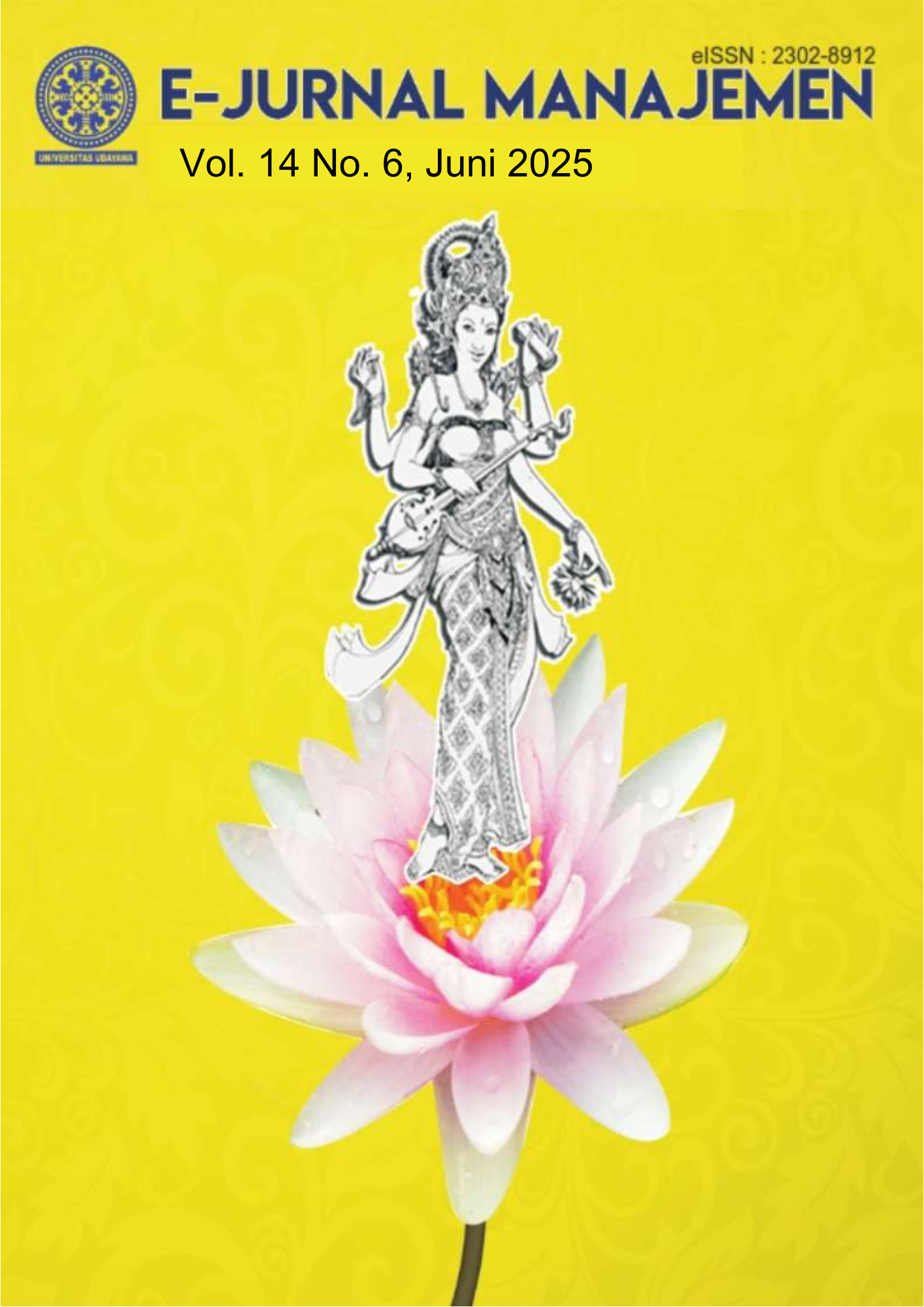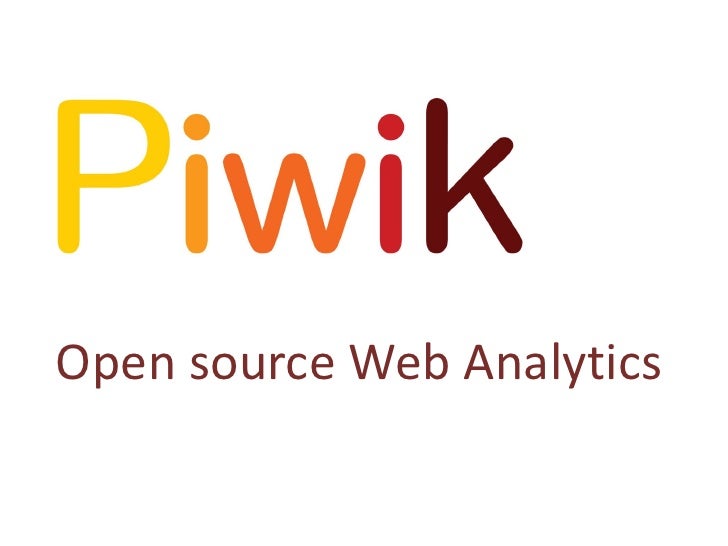ANTESEDEN NIAT UNTUK KELUAR DI INDUSTRI PERHOTELAN: TINJAUAN LITERATUR SISTEMATIS
Abstract
Previous research states that in developed and developing countries turnover cases still cost companies significantly, coupled with the phenomenon that in 2024 many professionals intend to resign from their jobs. This research aims to systematically summarize the antecedents of turnover intention in the hospitality industry. The literature review process uses a narrative approach, namely the Systematic Literature Review (SLR) technique and meta-analysis by collecting 345 articles from Harzing's Publish or Perish search engine sourced from the Scopus and Google Scholar databases and finding 22 relevant Q1 articles that discuss turnover intention in the hospitality industry. The results of this study conducted a mapping and showed that individual internal factors such as emotional exhaustion, feelings of psychological contract violation, feelings of job insecurity are antecedents that tend to have more influence on intention to leave the organization than external factors still tend to be very rarely used as antecedents in research related to turnover intention, especially in the hospitality industry, although external factors also have a significant effect on turnover intention. This shows that external factors are still very open and interesting to be studied for further research. And this research provides a summary that can provide practical benefits for hospitality industry management in identifying the causes of high employee turnover intention.
Downloads
References
Aman-Ullah, A., Aziz, A., Ibrahim, H., Mehmood, W., & Aman-Ullah, A. (2023). The role of compensation in shaping employee’s behaviour: a mediation study through job satisfaction during the Covid-19 pandemic. Revista de Gestao, 30(2), 221–236. https://doi.org/10.1108/REGE-04-2021-0068
Anasori, E., Bayighomog, S. W., De Vita, G., & Altinay, L. (2021). The mediating role of psychological distress between ostracism, work engagement, and turnover intentions: An analysis in the Cypriot hospitality context. International Journal of Hospitality Management, 94, 102829. https://doi.org/https://doi.org/10.1016/j.ijhm.2020.102829
Bani-Melhem, S., Quratulain, S., & Al-Hawari, M. A. (2021). Does Employee Resilience Exacerbate the Effects of Abusive Supervision? A Study of Frontline Employees’ Self-Esteem, Turnover Intention, and Innovative Behaviors. Journal of Hospitality Marketing and Management, 30(5), 611–629. https://doi.org/10.1080/19368623.2021.1860850
Benítez-Núñez, C., Dorta-Afonso, D., & de Saá-Pérez, P. (2024). High-performance work systems and employees’ outcomes in challenging contexts: the role of hindrance stressors. Journal of Hospitality Marketing and Management, 00(00), 1–24. https://doi.org/10.1080/19368623.2024.2305638
BowenXue, Feng, Y., Zhao, Y., Li, X., Yang, Y., Zhang, J., Zhang, Y., Hu, Z., & Luo, H. (2024). Decent work, work engagement, and turnover intention among registered nurses: a cross-sectional study. BMC Nursing, 23(1), 1–11. https://doi.org/10.1186/s12912-023-01662-6
Chen, C.-C., Zou, S. (Sharon), & Chen, M.-H. (2022). The fear of being infected and fired: Examining the dual job stressors of hospitality employees during COVID-19. International Journal of Hospitality Management, 102, 103131. https://doi.org/https://doi.org/10.1016/j.ijhm.2021.103131
Chen, C. C., Zou, S. (Sharon), & Chen, M. H. (2022). The fear of being infected and fired: Examining the dual job stressors of hospitality employees during COVID-19. International Journal of Hospitality Management, 102, 103131. https://doi.org/10.1016/j.ijhm.2021.103131
Chi, O. H., Saldamli, A., & Gursoy, D. (2021). Impact of the COVID-19 pandemic on management-level hotel employees’ work behaviors: Moderating effects of working-from-home. International Journal of Hospitality Management, 98(November 2020), 103020. https://doi.org/10.1016/j.ijhm.2021.103020
Demirović Bajrami, D., Terzić, A., Petrović, M. D., Radovanović, M., Tretiakova, T. N., & Hadoud, A. (2021a). Will we have the same employees in hospitality after all? The impact of COVID-19 on employees’ work attitudes and turnover intentions. International Journal of Hospitality Management, 94(2), 102754. https://doi.org/10.1016/j.ijhm.2020.102754
Denyer, D., & Tranfield, D. (2009). Producing a systematic review.
DiPietro, R. B., Moreo, A., & Cain, L. (2020). Well-being, affective commitment and job satisfaction: influences on turnover intentions in casual dining employees. Journal of Hospitality Marketing and Management, 29(2), 139–163. https://doi.org/10.1080/19368623.2019.1605956
Dogru, T., McGinley, S., Sharma, A., Isık, C., & Hanks, L. (2023). Employee turnover dynamics in the hospitality industry vs. the overall economy. Tourism Management, 99, 104783. https://doi.org/10.1016/j.tourman.2023.104783
Grobelna, A. (2021). Emotional exhaustion and its consequences for hotel service quality: the critical role of workload and supervisor support. Journal of Hospitality Marketing and Management, 30(4), 395–418. https://doi.org/10.1080/19368623.2021.1841704
Haldorai, K., Kim, W. G., Pillai, S. G., Park, T. (Eliot), & Balasubramanian, K. (2019). Factors affecting hotel employees’ attrition and turnover: Application of pull-push-mooring framework. International Journal of Hospitality Management, 83(October 2018), 46–55. https://doi.org/10.1016/j.ijhm.2019.04.003
Jolly, P. M., McDowell, C., Dawson, M., & Abbott, J. A. (2021). Pay and benefit satisfaction, perceived organizational support, and turnover intentions: The moderating role of job variety. International Journal of Hospitality Management, 95(August 2020), 1–5. https://doi.org/10.1016/j.ijhm.2021.102921
Jung, H. S., Jung, Y. S., & Yoon, H. H. (2021). COVID-19: The effects of job insecurity on the job engagement and turnover intent of deluxe hotel employees and the moderating role of generational characteristics. International Journal of Hospitality Management, 92(June 2020), 102703. https://doi.org/10.1016/j.ijhm.2020.102703
Kim, B., Yu, H., Huang, Y., & Lee, S. (2023). Impact of customer incivility on restaurant employee stress spread and turnover: COVID-19 vaccination mandate. International Journal of Hospitality Management, 113, 103522. https://doi.org/https://doi.org/10.1016/j.ijhm.2023.103522
Le, L. H., Hancer, M., Chaulagain, S., & Pham, P. (2023). Reducing hotel employee turnover intention by promoting pride in job and meaning of work: A cross-cultural perspective. International Journal of Hospitality Management, 109(March 2022), 103409. https://doi.org/10.1016/j.ijhm.2022.103409
Liu-Lastres, B., Wen, H., & Okumus, F. (2023). Examining employees’ affective and behavioral responses to internal crisis communication in times of COVID-19. International Journal of Hospitality Management, 111(February), 103494. https://doi.org/10.1016/j.ijhm.2023.103494
Microsoft. (2024). Microsoft and LinkedIn release the 2024 Work Trend Index on the state of AI at work. Microsoft Media Relations. https://news.microsoft.com/2024/05/08/microsoft-and-linkedin-release-the-2024-work-trend-index-on-the-state-of-ai-at-work/
Mobley, W. H., Horner, S. O., & Hollingsworth, A. T. (1978). An evaluation of precursors of hospital employee turnover. Journal of Applied Psychology, 63(4), 408–414. https://doi.org/10.1037/0021-9010.63.4.408
Naveed, M., Zia, M. Q., & Cangialosi, N. (2022). The nexus of job resources and turnover intentions with the mediating role of employees’ work engagement in the hospitality industry. Consumer Behavior in Tourism and Hospitality, 17(3), 282–296. https://doi.org/10.1108/CBTH-09-2021-0217
Park, J., & Kim, J. (2024). Exploring the Relationships among Internal Branding, Work Engagement, and Turnover Intention in Public Sports Organizations after the Pandemic. Sustainability (Switzerland), 16(3). https://doi.org/10.3390/su16031342
Park, J. Y., Hight, S. K., Bufquin, D., de Souza Meira, J. V., & Back, R. M. (2021). An examination of restaurant employees’ work-life outlook: The influence of support systems during COVID-19. International Journal of Hospitality Management, 97(October 2020), 102992. https://doi.org/10.1016/j.ijhm.2021.102992
Penny Wan, Y. K., Wong, I. K. A., & Kong, W. H. (2014). Student career prospect and industry commitment: The roles of industry attitude, perceived social status, and salary expectations. Tourism Management, 40, 1–14. https://doi.org/10.1016/j.tourman.2013.05.004
Raza, B., St-Onge, S., & Ali, M. (2021). Consumer aggression and frontline employees’ turnover intention: The role of job anxiety, organizational support, and obligation feeling. International Journal of Hospitality Management, 97, 103015. https://doi.org/https://doi.org/10.1016/j.ijhm.2021.103015
Silva, J. A., & Rodrigues, R. (2024). Affective mechanisms linking role ambiguity to employee turnover. International Journal of Organizational Analysis, 32(11), 1–18. https://doi.org/10.1108/IJOA-08-2023-3891
Smith, M. (2024). Nearly 50% of people are considering leaving their jobs in 2024—more than during the ‘great resignation.’ CNBC Make It. https://www.cnbc.com/2024/05/08/nearly-50percent-of-people-are-considering-leaving-their-jobs-in-2024.html
Tetteh, S., Dei Mensah, R., Opata, C. N., & Mensah, C. N. (2022). Service employees’ workplace fun and turnover intention: the influence of psychological capital and work engagement. Management Research Review, 45(3), 363–380. https://doi.org/10.1108/MRR-12-2020-0768
van Jaarsveld, D. D., Walker, D. D., Restubog, S. L. D., Skarlicki, D., Chen, Y., & Frické, P. H. (2021). Unpacking the Relationship Between Customer (In)Justice and Employee Turnover Outcomes: Can Fair Supervisor Treatment Reduce Employees’ Emotional Turmoil? Journal of Service Research, 24(2), 301–319. https://doi.org/10.1177/1094670519883949
Wong, A. K. F., Kim, S. (Sam), Kim, J., & Han, H. (2021). How the COVID-19 pandemic affected hotel Employee stress: Employee perceptions of occupational stressors and their consequences. International Journal of Hospitality Management, 93(June 2020), 102798. https://doi.org/10.1016/j.ijhm.2020.102798
Yang, C., Chen, Y., Zhao Roy, X., & Mattila, A. S. (2020). Unfolding deconstructive effects of negative shocks on psychological contract violation, organizational cynicism, and turnover intention. International Journal of Hospitality Management, 89(June), 102591. https://doi.org/10.1016/j.ijhm.2020.102591
Zientara, P., Adamska-Mieruszewska, J., & Bąk, M. (2023). Unpicking the mechanism underlying hospitality workers’ intention to join a union and intention to quit a job. Evidence from the UK. International Journal of Hospitality Management, 108, 103355. https://doi.org/https://doi.org/10.1016/j.ijhm.2022.103355





















